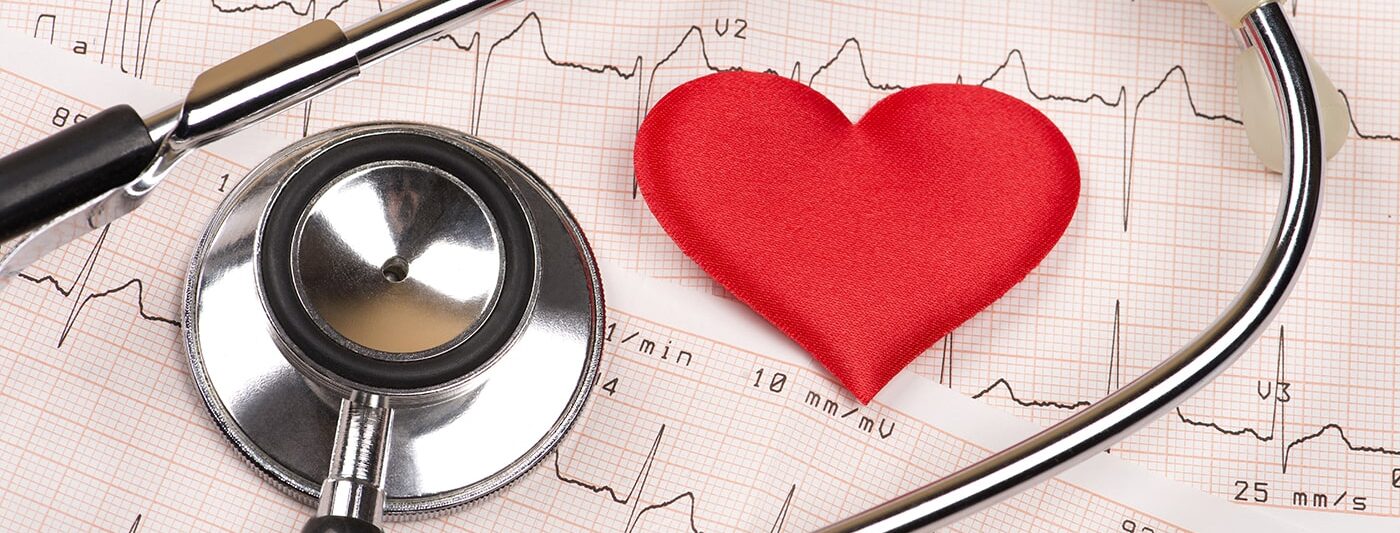“Your cholesterol number is high…” a phrase still scary enough to many of us. Cholesterol is still so controversial these days.
Yet, for the first time, the scientific advisory panel for the 2015 Dietary Guidelines for Americans suggests that we should no longer advise the public to be concerned about their cholesterol intake from food.
Today, on the fringes of that minefield, I want to highlight the opposite end of the cholesterol spectrum and ponder what can happen if our cholesterol goes too low. Should we be worried about that too? Cholesterol is actually an essential compound in our body, so much so that our liver spends a lot of time making it (another reason why dietary cholesterol levels have little impact on blood cholesterol)!
Let’s look further at some of the functions that cholesterol performs in our bodies:
Structural integrity
Cholesterol provides structural integrity to every cell membrane in our body, as well as the membranes of intracellular compartments such as our mitochondria. It actually helps, too, to stabilize important functional proteins in our cell membranes, so that they can do their jobs properly (like regulate glucose entry into cells, or initiate blood clotting). But doesn’t it make our cell membranes too rigid, I hear you say? Well, it can in excess. But if you don’t have enough of it, your membranes can actually lose their integrity, becoming inappropriately permeable and vulnerable to oxidative stress. That can affect all kinds of cellular functions. Consider, too, how this might play a role in skin and intestinal barrier permeability, as well as at the blood brain barrier.
Nerve impulse transmission
Cholesterol is vital for nerve function. Each of our nerves is coated with myelin, which is 20% cholesterol by weight. This coating serves as an important insulator to protect the integrity of that electric impulse and communication throughout the body. And since nerves communicate with cells all over our body, any area of our body can be affected by poor nerve function.
Learning and memory
Learning and memory depend on cholesterol. In fact, the brain contains 25% of the body’s cholesterol and it has been shown that cholesterol is essential for the formation of synapses which are a key mechanism in how we learn, how we store information in our memory and in general mental function.
Mood
Cholesterol is necessary for the proper function of serotonin, the body’s feel-good chemical and major neurotransmitter in the gut. In fact, the chronic depletion of cholesterol has been shown to impair the activity of serotonin receptors and may cause depression.
Digestion
Cholesterol is used to make bile acids which are essential for proper absorption of fats, fat-soluble vitamins A, D, E and K, as well as fat-soluble phytochemicals. These are vital for many body systems including the immune system, vision, bone health, blood clotting and anti-oxidant reactions.
Hormone synthesis
Steroid hormones are synthesized from cholesterol. These include the stress hormone cortisol, aldosterone, which regulates blood pressure and electrolyte balance, and sex hormones including testosterone and estrogen which affect libido, fertility, mood, bone density, and more. Not least, cholesterol is the precursor to the hormone-like vitamin D, which is widely recognized as having a large role to play in various aspects of health and chronic disease.
While avoiding dietary cholesterol doesn’t have much effect on circulating levels, adding cholesterol to your diet can help restore balance if your levels are depleted (such as from long-term statin use). Liver and eggs are especially good sources (choose clean, organic versions of course!). Head on over to our recipe page to check out our ideas for delicious liver pate!
References:
Gropper SS & Smith JL. 2013. Advanced Nutrition and Human Metabolism. Wadsworth, Cengage Learning.
Sun S, Yang S, Mao Y, Jia X, Zhang Z. Reduced cholesterol is associated with the depressive-like behavior in rats through modulation of the brain 5-HT1A receptor. Lipids Health Dis. 2015 Mar 24;14(1):22.


 Organic vs Conventional: Do the Differences Matter?
Organic vs Conventional: Do the Differences Matter?